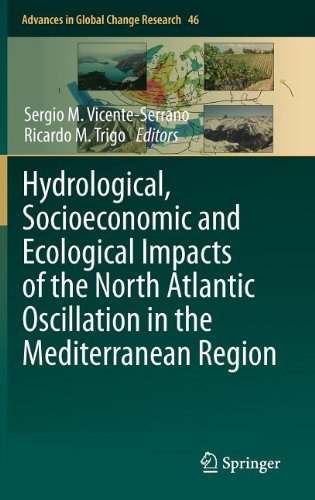

Most ebook files are in PDF format, so you can easily read them using various software such as Foxit Reader or directly on the Google Chrome browser.
Some ebook files are released by publishers in other formats such as .awz, .mobi, .epub, .fb2, etc. You may need to install specific software to read these formats on mobile/PC, such as Calibre.
Please read the tutorial at this link: https://ebookbell.com/faq
We offer FREE conversion to the popular formats you request; however, this may take some time. Therefore, right after payment, please email us, and we will try to provide the service as quickly as possible.
For some exceptional file formats or broken links (if any), please refrain from opening any disputes. Instead, email us first, and we will try to assist within a maximum of 6 hours.
EbookBell Team

4.1
30 reviewsThe Mediterranean basin represents one of the most important “hot spots” of climate change in the world, with recent trends towards a hotter and drier climate being related to changes in atmospheric circulation patterns. Such changes can have significant impacts in the climate of this region but also on the natural environment and several socioeconomic activities. Among these patterns, the North Atlantic Oscillation (NAO) is one of the main forcing factors in the region with impact on extreme events such as droughts, severe precipitations or heat and cold waves, the availability of water resources, the ecological dynamics, the quality and quantity of crops, the migration and welfare of animal populations, the fisheries dynamics, the triggering of landslides and the air pollution and human health, among others.
The aim of Hydrological, Socioeconomic and Ecological Impacts of the North Atlantic Oscillation in the Mediterranean Region, is to serve as an updated reference text that covers the wide range of evidences on the NAO impacts in the Mediterranean regions and from a multidisciplinary perspective.
This volume constitutes a unique document to present the state of the art of the numerous studies undertaken on the hydrological, socioeconomic and ecological impact of the NAO, collecting the expertise of researchers from several complementary earth science fields (geography, hydrology, remote-sensing, climatology, agriculture, energy), but that have been lacking a common ground.